In Part 1, I shared my thoughts on Airbnb strategies for hosts, particularly geared towards those of you considering subletting a place you rent. If you decide to try that out, it can be a great experience. And of course the side income stream to help fund your travels doesn’t hurt!

But what about using Airbnb as a digital nomad?
Part 2 will discuss strategies for digital nomads to use Airbnb as part of their accommodation planning process, and the 3 ways I think digital nomads can benefit from including Airbnb in their housing search.
What’s different about digital nomad housing needs
I’ve used Airbnb many times as a typical guest, most often for stays of less than a week. And I think it’s great for that purpose. I generally prefer having a more “like a local” experience, rather than staying in a hotel. And while Airbnb can certainly be pricey in some cities, I still think it can be far more affordable than most hotels. It’s also just a more interesting experience. But I’m really not a fan of hotels. I don’t like how sterile they often feel. Staying in a real home is much more comfortable to me.
However, as digital nomads, our housing needs are a bit different than the typical traveller who spends a few days or a week at a time in any one place. A digital nomad might spend more like 1 to 3 months at a time in a location.
That’s the time frame that I’m planning on, which dovetails nicely with the amount of time many of us may have to spend in countries visa-free. There are plenty of good resources to help you figure out how long you can stay visa-free in various countries. But once you decide how long you want to stay in a given place, what’s the best approach for finding housing?
I think there are 3 advantages to using Airbnb, but I’m also keeping my eye out for new and emerging tools and solutions. I really think this is an underserved area right now, but there are a few interesting and creative solutions coming out that digital nomads will want to be aware of.
- Planning
- Rent, don’t own
- Socialising/normalising in a location
1. PLANNING
I love planning. One of the most fun parts of getting ready for a trip of any length is getting stuck into research and anticipating what neighbourhoods you’ll explore and what unique experiences you’ll want to seek out.
I know many digital nomads advocate a boots-on-the-ground approach to finding housing, and I intend to test out that approach myself. But even so, I’d want to do some research into a completely new place before deciding to go there.
In fact, I think a reasonable approach for the digital nomad who’s looking to keep her costs low, is to choose a location with housing costs very much in mind.
The way I’ve begun to tackle this is to start by searching Airbnb for a somewhat random month, and comparing the selection across a few different cities. The trick to searching for an entire month at a time is it allows you to see the discounted monthly rates that many hosts offer.
For example, by searching for at least 4 weeks at a time, the site shows you the monthly rate, instead of the nightly one. And many hosts offer steep discounts off their nightly rates when you book for an entire month at a time.
Here are some examples of searches for the month of March, in Prague and Budapest:
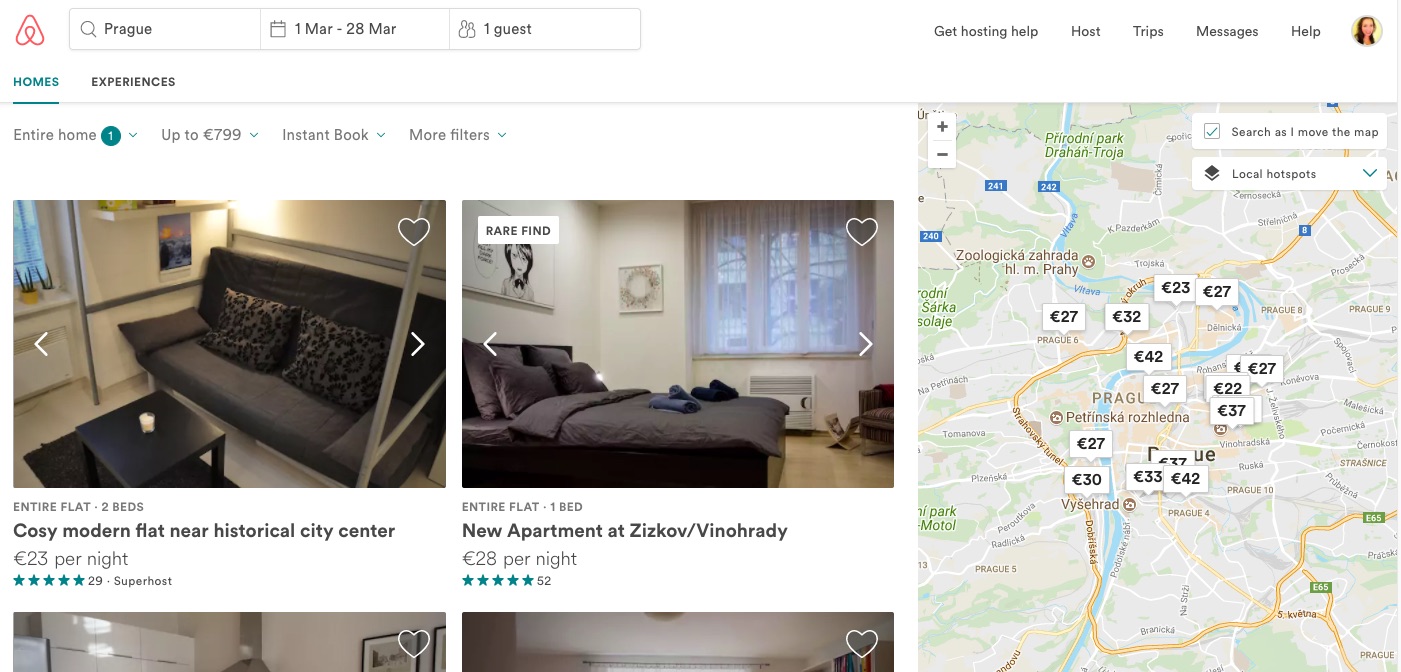
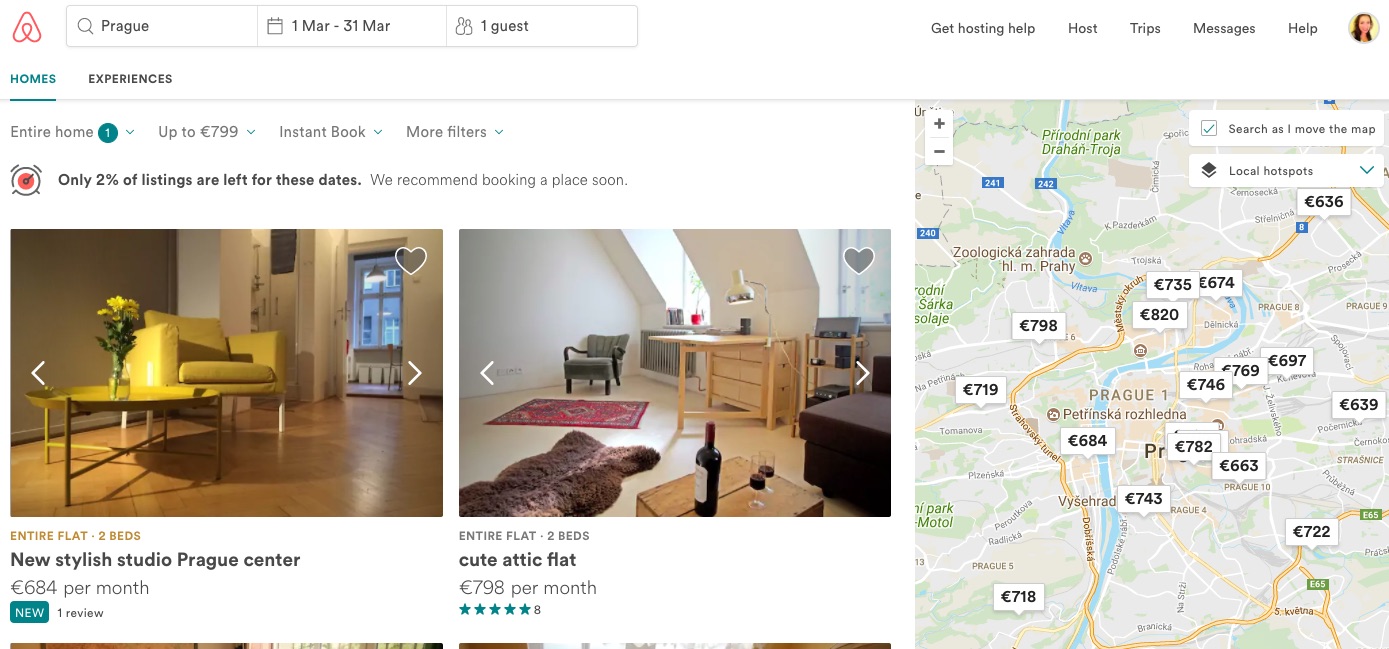
Even for one of the cheaper daily rates, at €27 * 28 nights = €756. As you can see, there are plenty of monthly rates offered well below that.
Let’s compare Budapest as well:
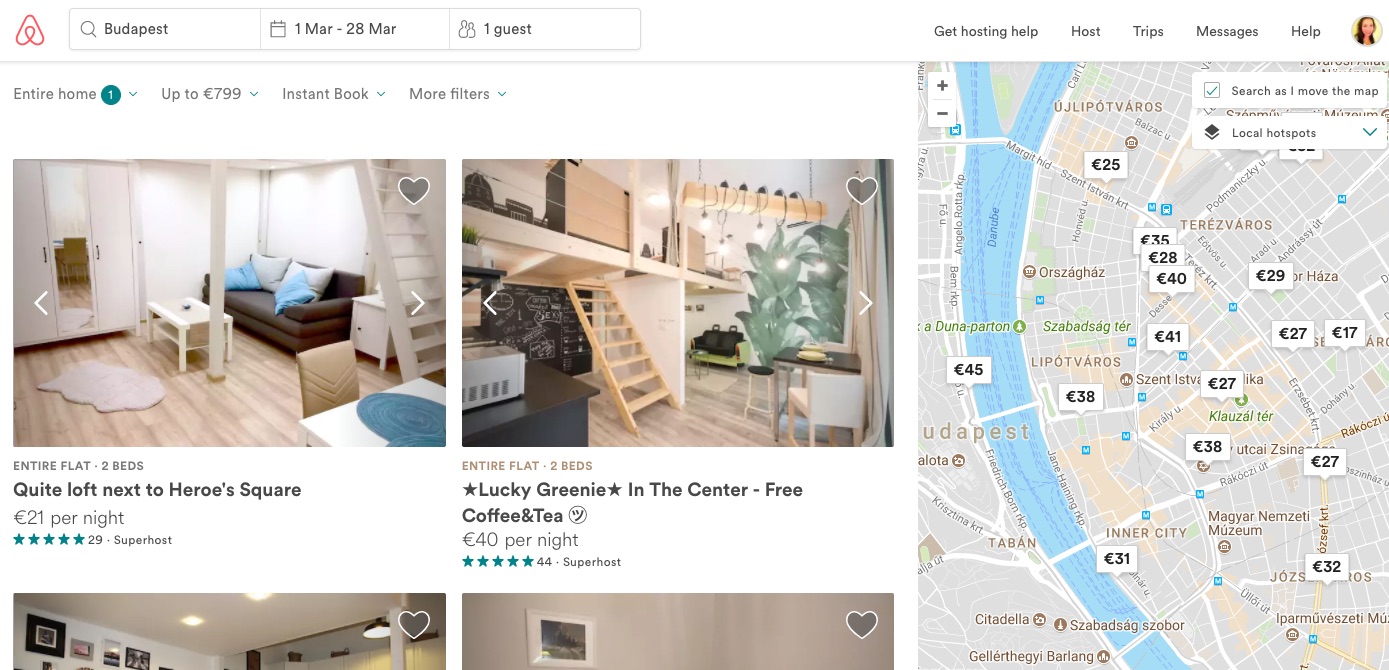
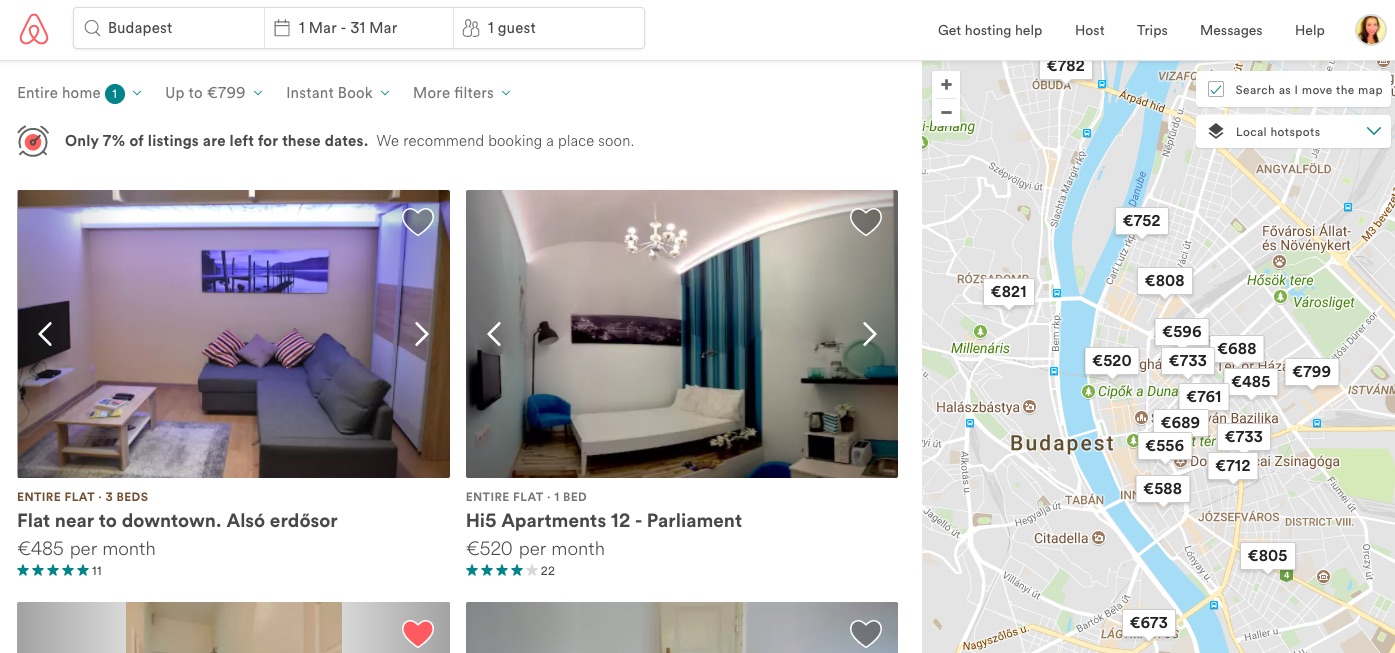
Besides a few cheaper outliers, the daily rates don’t come close to the value found when you search monthly. That first one for €485/month?! What a steal. See ya soon, Budapest.
As you can see, by searching for 4 weeks or more, you open up a lot more affordable options.
For comparison, here’s what you get when you search in Dublin. Much as I love it here, the housing market is not conducive to those looking for short term housing. Or any housing. Or wishing to pay less than €1200/month. 🙁
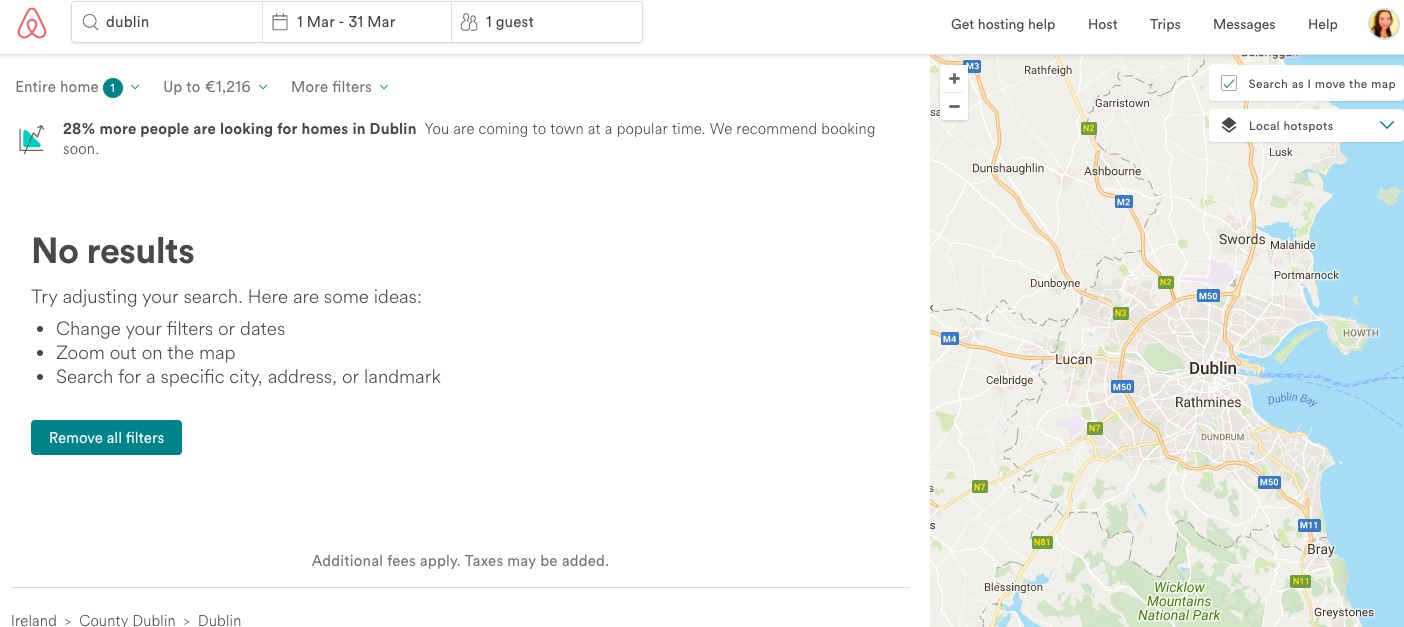
Now, ultimately, savvy nomads may find they can source even more affordable housing once they’re actually on the ground in those cities.
But, I appreciate knowing that I can secure housing in advance, and knowing exactly what it will cost. It’s there as a backup in case you need it, or in case you can’t find anything better or cheaper.
When I search Airbnb for monthly rentals and can’t find anything suitable for less than €1000/month, it gives me a good idea of how expensive housing is in that city, and I may rule it out for longer stays.
2. RENT, DON’T OWN
When putting together your monthly budget, don’t forget about all the things you don’t need to buy/bring when you are renting a furnished, fully stocked Airbnb. This is a huge advantage of the digital nomad lifestyle.
It also means there’s far fewer things for you to do when you arrive in order to get set up. You don’t need to set up wifi. You don’t need to go buy towels and bed linens. And you don’t have to pay separately for heating or bin collection.
That makes those lovely sub-€600 monthly rates even more appealing. Even if I’m just comparing that to my current base monthly rent, I’d come out ahead, but when I factor in all the bills, heating/electric, bins, wifi, etc, the difference is really significant.
You don’t need to kit out a whole kitchen, so if there are a few things that would make your month more enjoyable, you may not mind shelling out for a better knife*, or a decent bottle opener. Then just leave them for the next guests, to pay it forward.
*Incidentally, what is it about most Airbnb’s having nigh-unusable knives? I’m far from a kitchen gear snob, but something that can chop vegetables would be nice! But if I have to pick up something for €15 (or in all likelihood, far less) so that I can properly cook, I will happily consider it a friendly parting gift to my host when I leave it behind.
3. SOCIALISING/LOCALISING
If you’re going to be in a place for a month or more, you may prefer to get a full apartment to yourself. However, in many of the places I’ve researched, the hosts either live nearby or clearly state they are happy to provide tips and show you around. This could work as a nice way to develop your local knowledge, or even make a new friend.
Places that are willing to rent you a room in their home for a month at a time would likely be even more open to socialising. It could be an easy, natural way to make some local contacts and to avoid feeling isolated in your first few days in a new location.
And, since you’ll most likely be in a real neighbourhood, rather than an area that only tourists stay in, you’ll get an instant look into how and when people shop, go out to eat, have coffee, and/or commute into city centre. You can adapt to the local rhythm much quicker that way. Plus, wandering around your new neighbourhood you can scope out the best places to buy groceries, as opposed to the overpriced and understocked options you’re likely to find adjacent to hotels.
PITFALLS
After having such a good track record with Airbnb, my last few bookings have had some unexpected twists and turns. There were last minute cancellations from the places I’d booked in Oslo, Madrid, and Nice. The one in Madrid was the most dramatic, as unfortunately the host wasn’t able to contact me and I was left waiting outside the apartment at 1 am, and eventually had to check into a hotel. Exciting!
These things happen, and Airbnb’s customer service were very helpful and reimbursed my hotel straight away so I wasn’t out of pocket. And in fact, I ended up in a way cooler part of Madrid, so I wasn’t too disappointed.
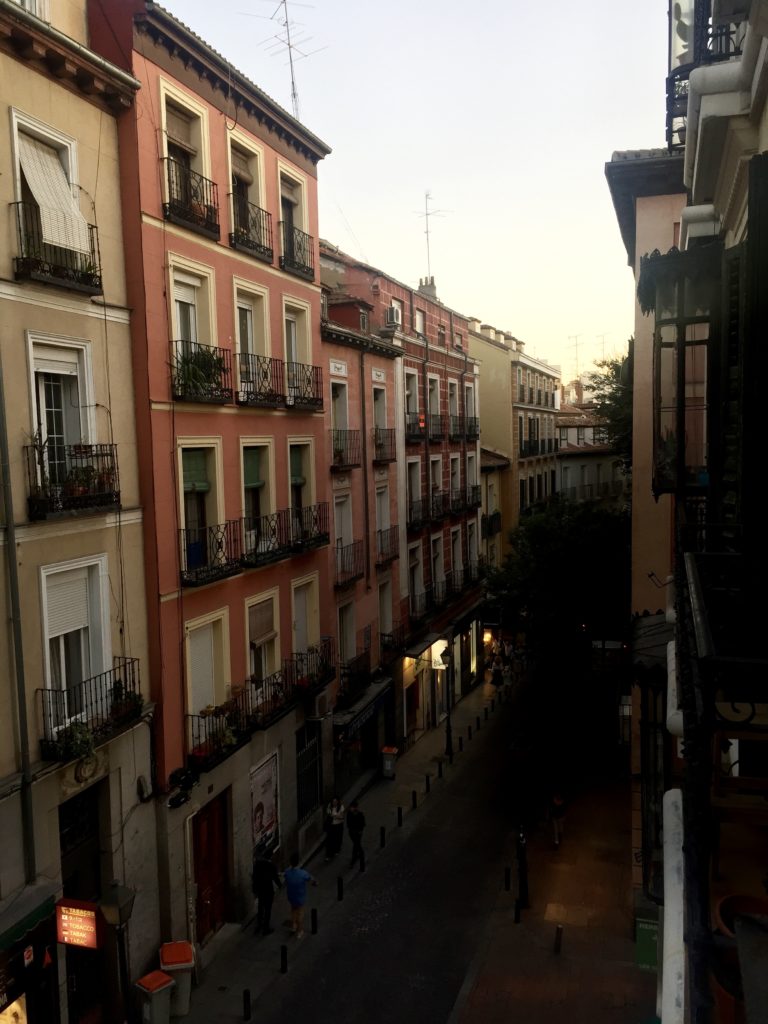
To be fair, unexpected adventures in housing can happen no matter what. Dealing with them with a good sense of humour goes a long way. To me, the random factor is a small price to pay for having access to such a wide array of housing options around the world.
ALTERNATIVES
Right now, I haven’t come across a site that’s as comprehensive for searching in many different locations. There are a few sites that are highly specific to particular regions, which seem like they can often offer better prices. And there are a few alternatives which have their own pros and cons.
Sites like NomadList are a good resource, as are many of the various nomad-oriented Facebook groups out there.
One of the sites I’ll be keeping my eye on is GoGoPlaces, which offers some amazing looking deals in parts of Europe. Their selection in Croatia is especially good.
And then there are coliving sites, like TheRoof.io which I was fortunate to take a look at in Las Palmas. And more are popping up all over the world. My main hesitation with many of the coliving sites would be the price. Many are more expensive than what you might find on Airbnb. But they do offer networking opportunities with other nomads, and often times access to coworking spaces as well.
Opportunity
What I’d really love to see is a site that offered an easy way to search all of these options, rather than having to hear about each one individually, or scrolling through various forums. That’s something I could really see giving Airbnb a run for its money in the digital nomad community.
I’m looking forward to reporting back on how my little Airbnb experiment goes! What tools do you use when searching for short-term rentals? Please share in the comments below! And let me know if you want to work on that idea for a nomad housing search tool…

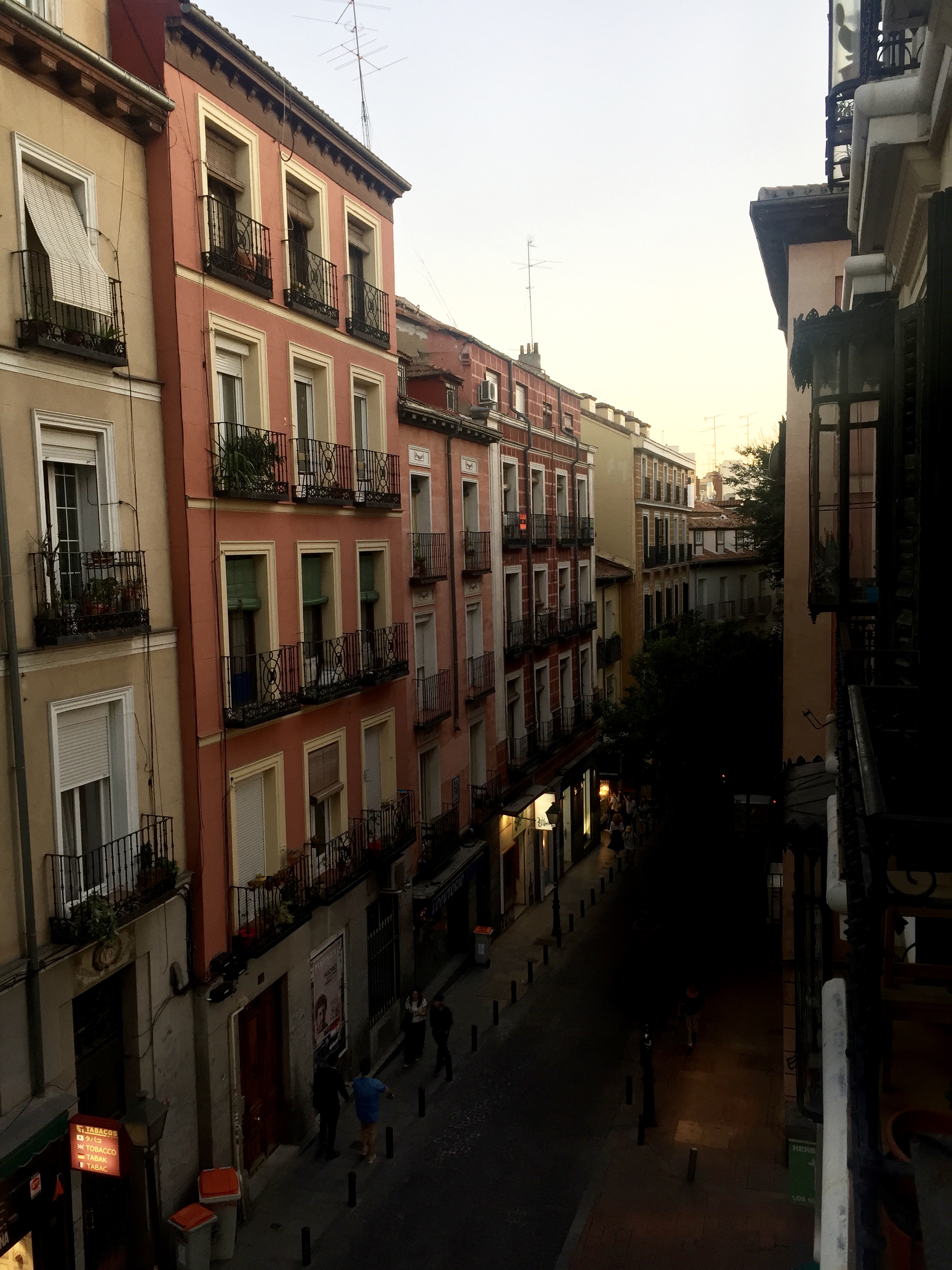
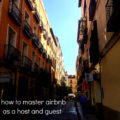
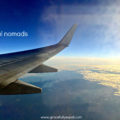




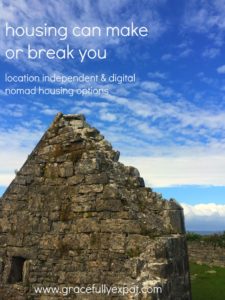
Pingback: Digital Nomad Jobs - More Nomad News from Nowhere. Issue 15.